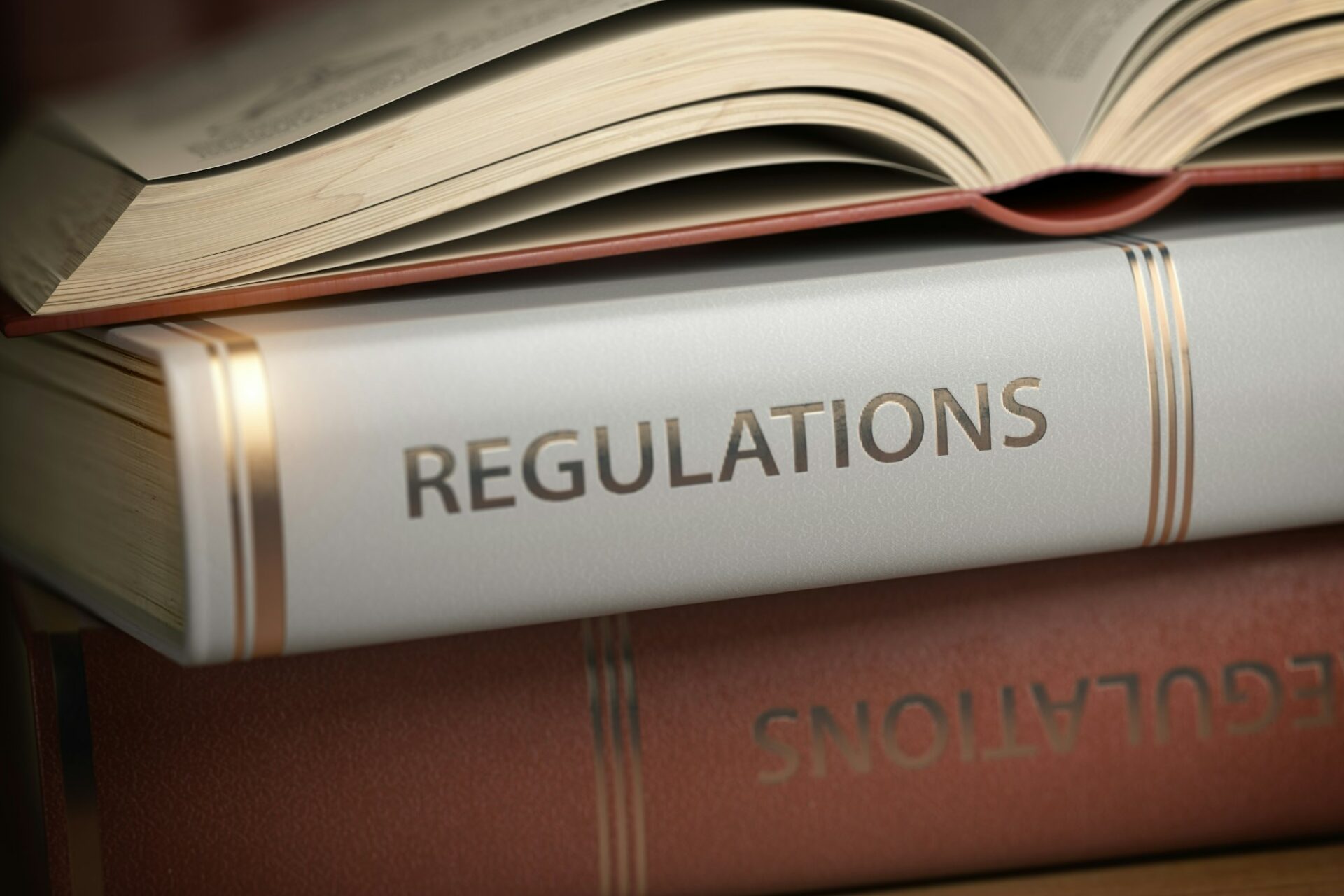The fate of the administrative state is on the precipice, as the Supreme Court prepares to make a ruling that could fundamentally alter the relationship between federal agencies and the judiciary. At the heart of this decision is the decades-old Chevron deference, a precedent that has granted federal agencies considerable leeway in interpreting ambiguous statutes. Many see this as an overreach that allows unelected bureaucrats to wield undue influence over American lives and businesses.
The Chevron doctrine, established nearly 40 years ago, has long dictated that courts should defer to federal agencies’ reasonable interpretations of ambiguous laws. This has led to what many conservatives view as an era of unchecked regulatory overreach, stifling industry and infringing on individual freedoms. Numerous business and industry groups, ranging from oil titans like Exxon Mobil to agricultural conglomerates and e-cigarette trade associations, have called for the Supreme Court to strike down or significantly limit Chevron. They argue that the doctrine has allowed administrations, whether Democrat or Republican, to effectively legislate through regulation without proper checks and balances.
Carrie Severino from the Judicial Crisis Network highlights a fundamental issue with Chevron: it inherently favors government regulators over private citizens in legal disputes, placing a thumb on the scale in favor of the bureaucratic state. This judicial bias renders it exceedingly difficult for individuals and small businesses to contest federal mandates, disproportionately impacting those who lack the resources to navigate an unfriendly legal terrain.
The cases currently before the Supreme Court, Loper Bright Enterprises v. Raimondo and Relentless, Inc. v. Department of Commerce, have provided an opportunity to scrutinize Chevron’s validity. These cases involve small fishing companies pushing back against a National Marine Fisheries Service mandate, which they say they were never authorized by Congress to require. This struggle underscores a core debate: the extent to which Congress can delegate authority to federal agencies.
During oral arguments, the court’s conservative justices, including Neil Gorsuch and Brett Kavanaugh, communicated their skepticism of Chevron. These justices pointed to the confusion and inconsistency Chevron has sown in lower court rulings and emphasized the constitutional necessity of maintaining clear separations of power. They advocate for a judiciary that keeps executive power in check to prevent administrations from acting as monarchs by reinterpreting statutes at will.
Conversely, the Biden administration, through U.S. Solicitor General Elizabeth Prelogar, has defended Chevron, asserting that agencies comprise experts best equipped to interpret complex statutes. They posit that judicial intervention in these matters would lead to inefficiencies and a “shock to the legal system.” Democratic-appointed justices like Elena Kagan and Ketanji Brown Jackson have echoed concerns about the potential upheaval repealing Chevron could cause, suggesting it could force the judiciary into the role of “uber legislators.”
As the Supreme Court’s decision looms, there is palpable tension between those who argue that Chevron deference creates an unaccountable regulatory behemoth and those who believe it is a necessary doctrine for effective governance. The ruling, expected by the end of June, could either limit Chevron’s application or introduce a new standard entirely. Justice Amy Coney Barrett’s nuanced approach during oral arguments suggests she could play a pivotal role in the final decision, making her position crucial.
The implications of this ruling are profound. A decision to curtail or overturn Chevron would mark a significant shift in administrative law, reallocating interpretive authority from federal agencies back to the judiciary. This could compel Congress to draft clearer, more precise legislation and restrain agencies from assuming legislative powers, a move that many believe is essential for protecting American freedoms and maintaining constitutional integrity. The nation awaits the Supreme Court’s decision, which could herald a new era in the balance of power within the federal government.



